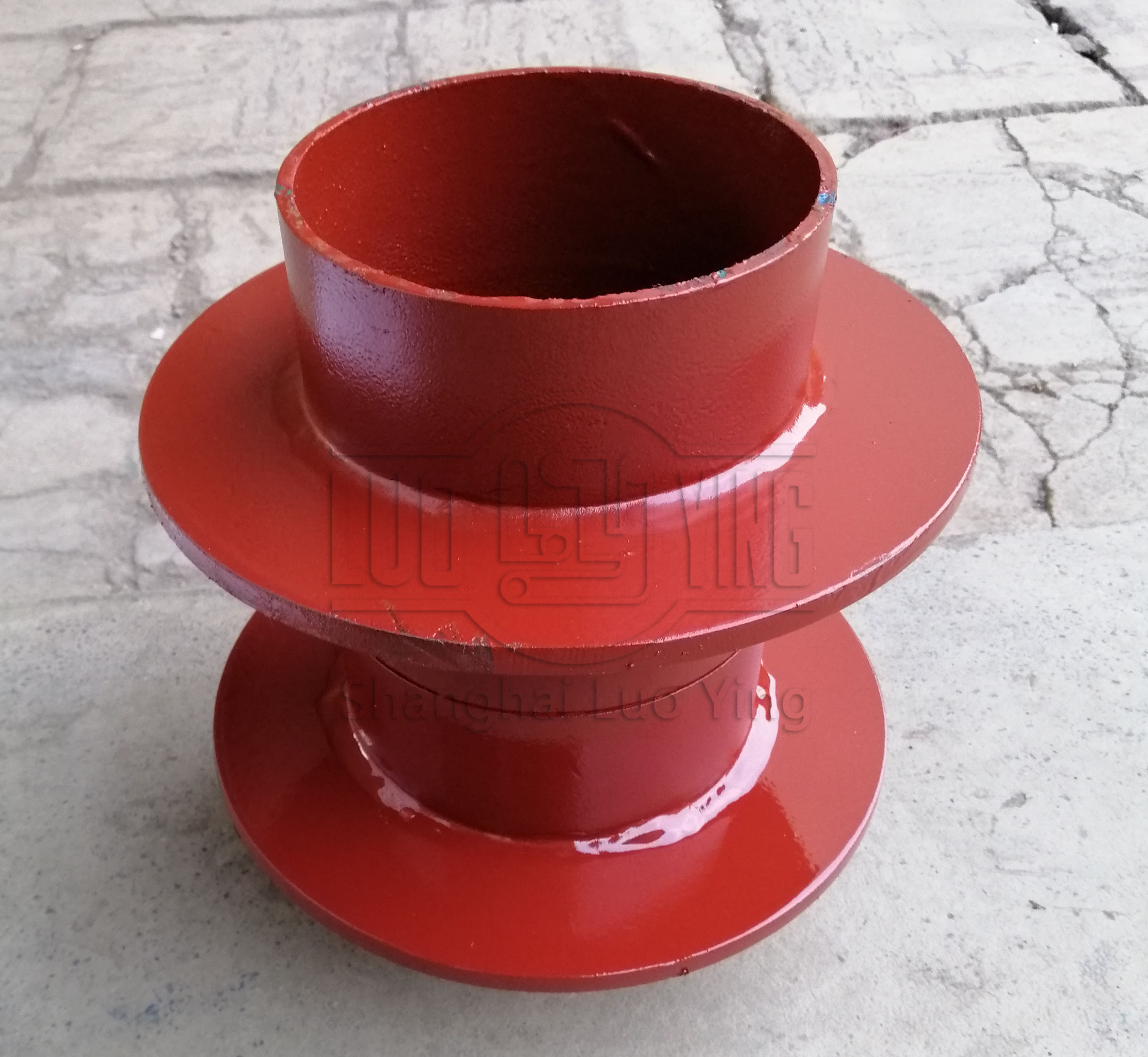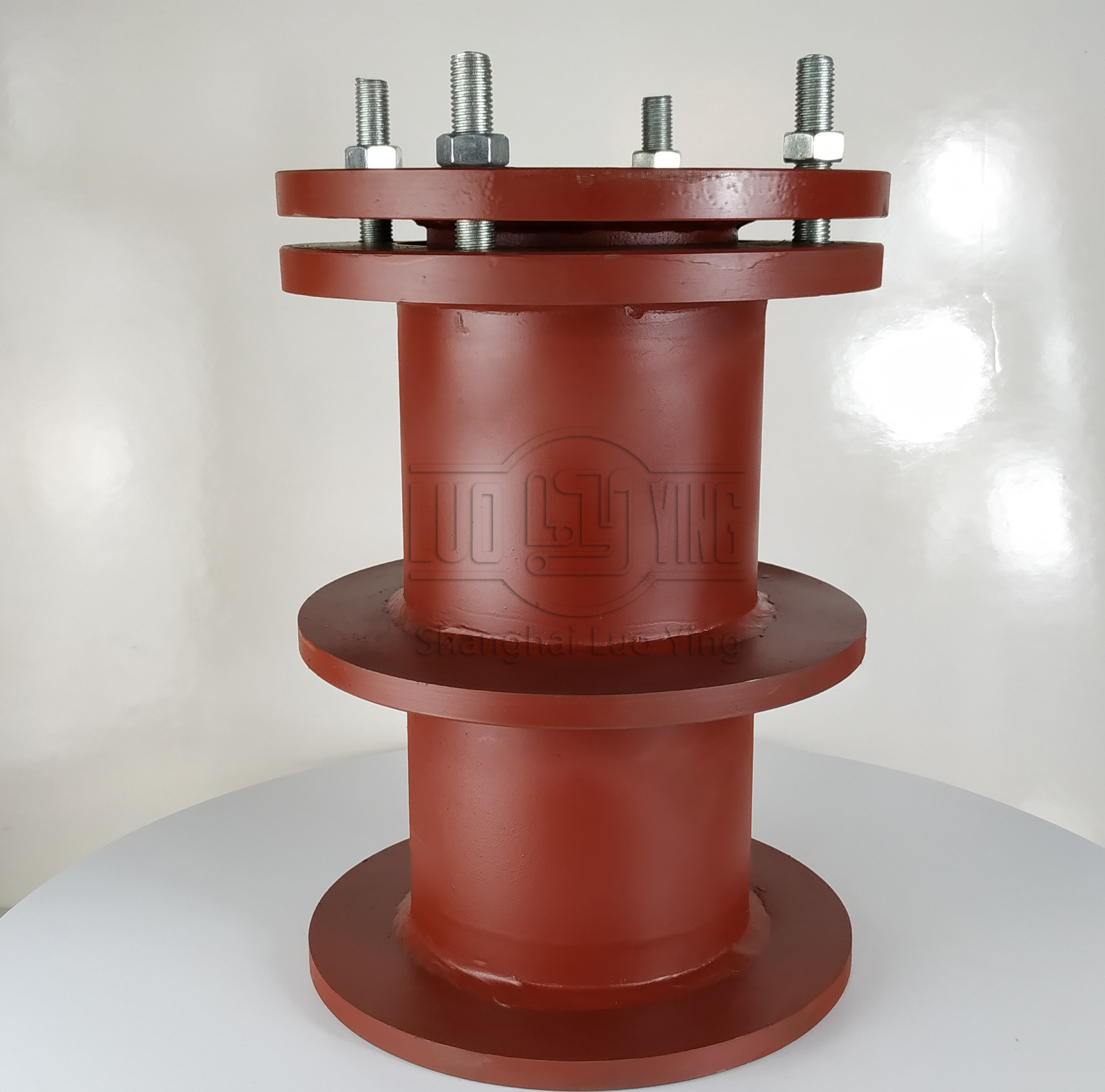The difference between flexible waterproof casing and rigid waterproof casing
Sep-22-24
There are also many types of waterproof casing, which are divided into rigid waterproof casing, flexible waterproof casing, ordinary steel casing, stainless steel waterproof casing, etc. according to the different uses. The difference between flexible waterproof casing and rigid waterproof casing difference should be distinguished from the definition of rigid waterproof casing and flexible waterproof casing as follows.

Flexible waterproof casing is a kind of hardware fittings, suitable for pipeline through the wall vibration or waterproof requirements of strict structure. General production enterprises in accordance with the building science research institute development and design of S312, 02S404 standard atlas production. Flexible waterproof casing through the wall, non-concrete should be changed to concrete walls, casing in the wall at one time maintenance; flexible waterproof casing is widely used in construction, chemical industry, steel, water, sewage treatment and other units.

Casing can be divided into: Ordinary casing - 2-4cm thicker than the required pipe, fixed on the wall or plate, and the pipe passes through. Flexible casing, sealed with a flexible material between the casing and the pipe. Rigid casing- Sealed with rigid material between the casing and the pipe to achieve a tight seal. The environment in which the casing is used is to prevent liquid leaks or spills (e.g., sinks, septic tanks, basements, etc.). Overall, cracks and leaks do not occur due to expansion and contraction factors.
Rigidity differences between flexible and rigid waterproofing casing.
Flexible waterproofing casing is generally suitable for structures with vibration or strict waterproofing requirements; rigid waterproofing casing is generally suitable for structures requiring general waterproofing.
Flexible rigid waterproof casing through the wall, if not concrete, should be changed to a concrete wall, casing in the wall a one-time maintenance; waterproof casing is suitable for construction, chemical, steel, water, sewage treatment and other units.

